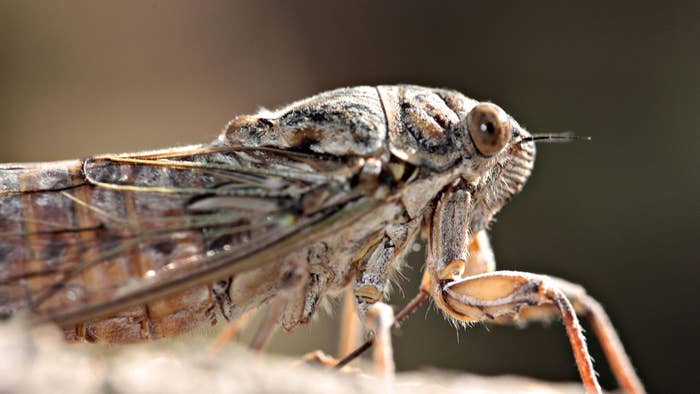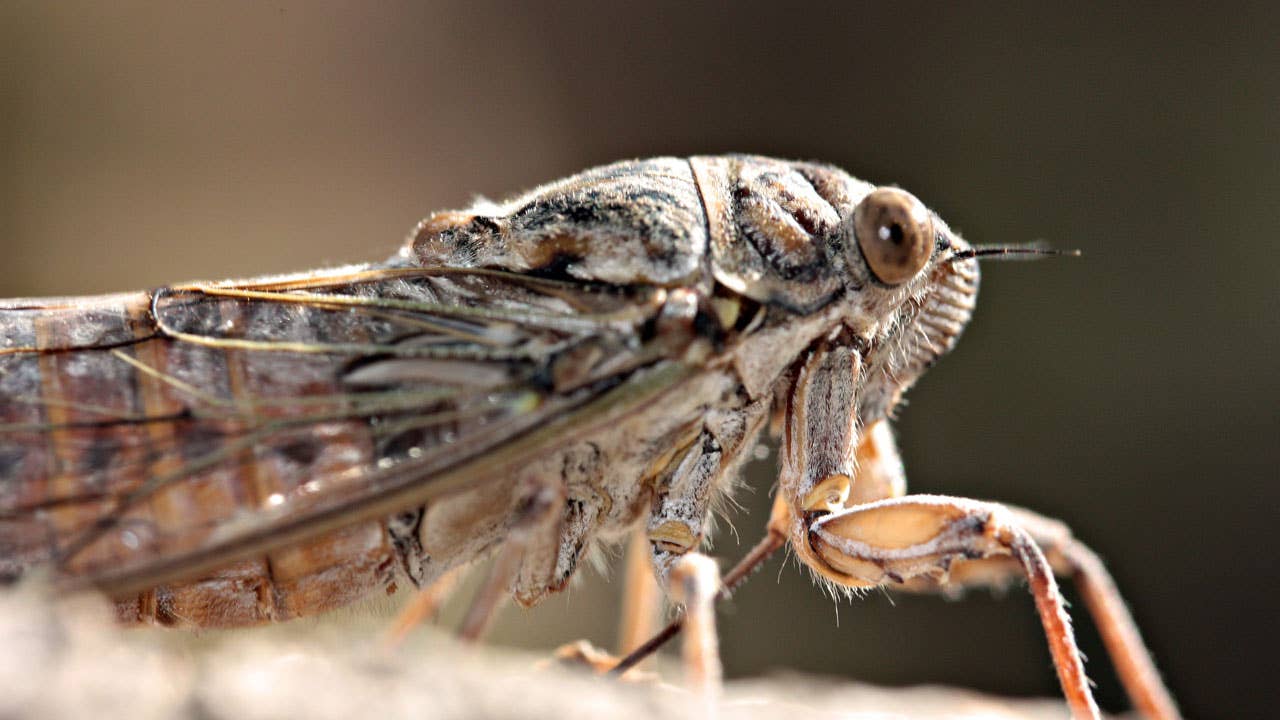
The Food and Drug Administration is warning people with seafood allergies not to eat cicadas.
“Yep! We have to say it! Don’t eat #cicadas if you’re allergic to seafood as these insects share a family relation to shrimp and lobsters,” the agency said on Wednesday through a tweet.
Cicadas are back with the warm weather, though this year they’re popping up in recipes, as some have decided to follow the lead of birds and treat them as a gourmet delicacy. They’ve been used in foods ranging from cookies to tacos, and have also been fried. Plenty of cultures both past and present have eaten them, including Australian Aborigines, New Guineans, Japanese, Siamese, and indigineous peoples in America, in addition to the ancient Greeks and Romans.
A recent report from the Food Agricultural Organization of the United Nations said allergies related to downing insects requires more study. But according to NBC News, it also said “individuals already allergic to crustaceans are particularly vulnerable to developing allergic reactions to edible insects, due to allergen cross-reactivity.”
The current group of insects settling into certain Eastern U.S. areas goes by “Brood X” cicadas. They come out of the ground every 17 years, and billions are currently trying to mate and lay eggs before dying. They’ve been spotted in Washington, D.C., Pennsylvania, Michigan, West Virginia, Indiana, Tennessee, New York, and Georgia.
Fish and shellfish, in addition to milk, eggs, tree nuts, peanuts, wheat and soybeans, make up a group that accounts for 90 percent of U.S. food allergies.
On top of wanting to steer clear if you can’t eat seafood, the Environmental Protection Agency says the bugs aren’t poisonous, but that dogs and cats who eat “many” could end up with temporary bouts of vomiting caused by an upset stomach.

